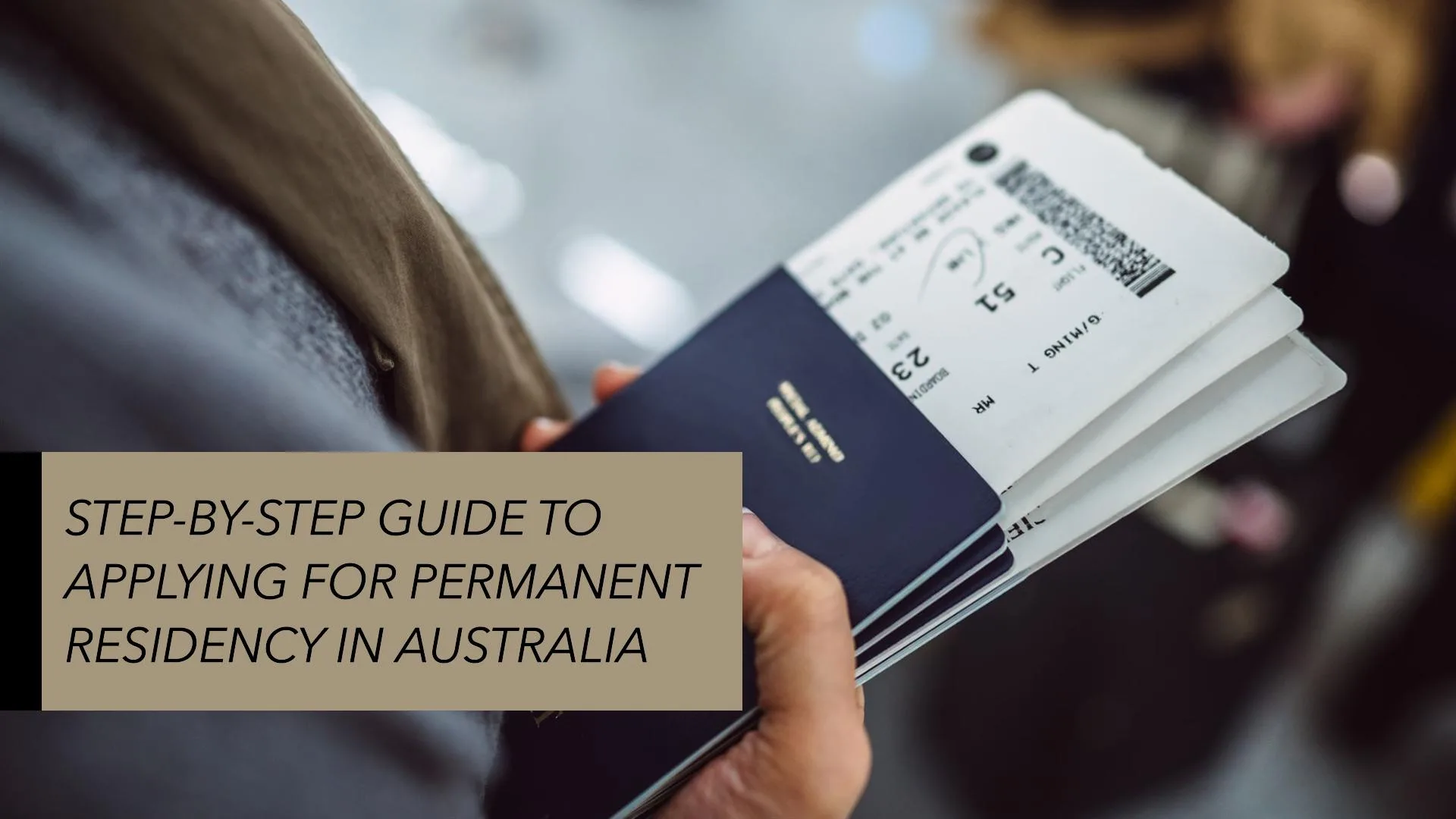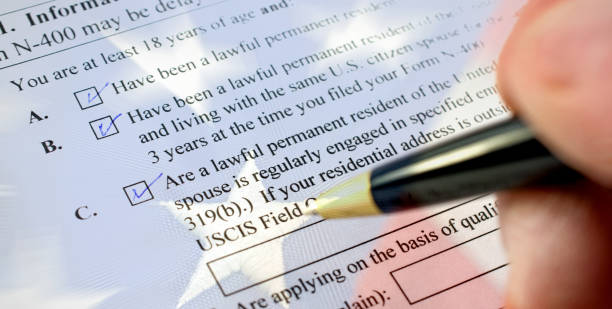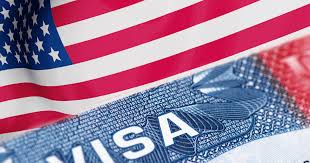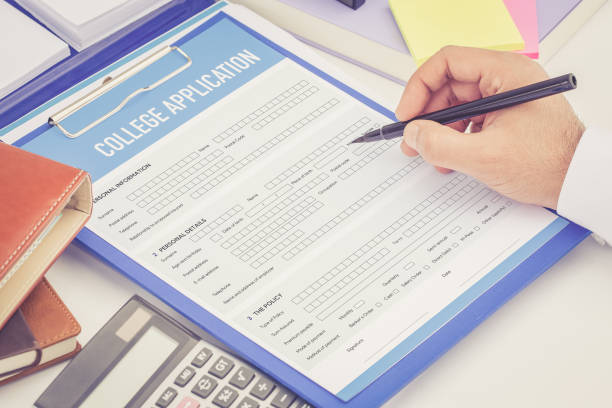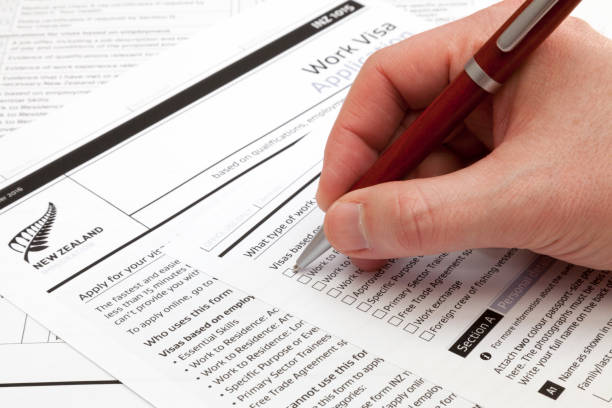If you’re an international student or skilled worker seeking permanent residency (PR) in Australia (especially if you’re an international student), then you’re in luck.
There are a range of pathways to applying for permanent residency in Australia, and these steps are not even as rocket science as you might think. With the right guidance, you can seamlessly carry this out and be on your way to becoming a permanent resident in Australia, but then, like every other application process, you have to follow certain steps carefully to avoid rejection or unnecessary delays.
Join our WhatsApp ChannelThis guide provides a clear, step-by-step outline of the application process for applying for permanent residency in Australia, as well as the eligibility, visa types, and requirements.
Who Is Eligible to Apply for PR in Australia?
Before applying for permanent residency in Australia, you need to know the criteria that make you eligible to know if you fit into it or how you can work towards it.
There are certain eligibility criteria based on visa type, skills, and educational background. Here are the categories that you should fall into to apply for permanent residency in Australia:
- Skilled Workers: Individuals with in-demand skills listed on the Skilled Occupation List (SOL).
- International Graduates: Recent graduates from Australian institutions in certain fields can apply.
- Business Owners and Investors: Those looking to establish businesses or make investments.
- Family Members: Spouses, children, or parents of Australian citizens or permanent residents.
If you meet these eligibility criteria, here are some other key eligibility factors to consider before proceeding with your PR application.

- Age (you must be under 45)
- You must score at least 65 points in the Point Grid
- Proficiency in English
- Lawful Australian resident
- Relevant work experience, and
- Educational qualifications.
Types of Australian Permanent Residency Visas
Depending on the eligibility category that you fall under, there is a specific visa type that caters to your PR application. See the most popular PR visas below:
- Skilled Independent Visa (Subclass 189)
For skilled workers not sponsored by employers, family, or states/territories. This PR visa allows you to live and work anywhere in Australia and is considered the most desirable.
- Skilled Nominated Visa (Subclass 190)
This is for skilled workers who want to live and work in a specific Australian state or territory. Applicants must be nominated by a state or territory government.
- Skilled Work Regional (Provisional) Visa (Subclass 491)
This is for skilled workers willing to work in designated regional areas in Australia and allows you to live and work in that area for 5 years.
- Employer Nomination Scheme Visa (Subclass 186)
This PR visa is for overseas skilled workers or those who are currently living and working in Australia as temporary residents.
- Business Innovation and Investment (Permanent) Visa (Subclass 888)
For business owners, investors, and entrepreneurs to continue their business in Australia or establish a new one.
Step-by-Step Guide to Applying for PR in Australia
Now that we are certain that you have what it takes to apply for permanent residency in Australia, here’s a step-by-step guide to aid your application process:
Step 1: Choose the Right Visa Type and Check Your Eligibility
Start by identifying the visa category that best suits your profile. Your eligibility will determine the visa type to apply for. Check the Skilled Occupation List (SOL) to see if you can apply for skilled visas or meet sponsorship requirements if you are pursuing an employer-nominated route.
Step 2: Take an English Proficiency Test
The next thing you’ll need to do is prove your English proficiency. Here are the accepted tests in Australia:
- IELTS (International English Language Testing System)
- PTE (Pearson Test of English)
- TOEFL iBT (Test of English as a Foreign Language)
Ensure that you meet the minimum score required for your specific visa category, as scores affect the points-based visa system.
Step 3: Gather Required Documentation
Prepare the documents required for your visa application, such as:
- Identification (passport)
- Proof of English proficiency (test results)
- Educational certificates
- Employment references and proof of work experience
- Skills assessment from a relevant assessing authority (for skilled visas)
Make sure each document is complete and up-to-date to avoid delays.
Step 4: Submit an Expression of Interest (EOI) through SkillSelect
The Expression of Interest (EOI) is an online application where you provide details about your qualifications, work experience, and skills. SkillSelect is the platform for skilled workers to express interest in Australian PR.
Your EOI score is based on a points-based system, and reaching a high score improves your chances of being invited to apply.
Note: Points are awarded based on age, work experience, education, English proficiency, and more as stipulated in the Point Grid.
Step 5: Submit a Skills Assessment
This confirms that your experience and qualifications meet Australian standards. Each profession has a designated authority to assess skills, so check the SOL to determine your assessing body. Once completed, include the positive skills assessment in your PR application.
Step 6: Receive an Invitation to Apply (ITA) for PR
If your EOI is selected, you’ll receive an Invitation to Apply (ITA). This is issued to applicants with the highest points and in-demand skills. It is the ITA that allows you to begin the official PR application.
READ ALSO: Step-by-Step Guide To Renewing Your Nigerian Passport From The UK
Step 7: Lodge Your Permanent Residency Application
After receiving your ITA, you must submit your PR application within 60 days. The steps to go about this are:
- Filling Out the Application: Complete the PR application form accurately.
- Upload Documentation: Include identification, educational records, work experience, skills assessment, and proof of English proficiency.
- Paying the Application Fee: The fees usually vary by visa type, and payments are required at the time of submission.
Step 8: Complete a Medical and Character Assessment
PR applicants must undergo a medical exam to ensure good health and a character assessment to verify criminal history.
The medical test is conducted by certified doctors to confirm fitness for residency while the police clearance certificate is issued by relevant authorities in each country where you’ve lived for more than a year in the past decade.
Step 9: Wait for a decision
The final step is the long wait for a decision on your application. The processing time for a PR visa can vary depending on the visa option you have chosen, your circumstances, and the volume of applications being processed by the Department of Home Affairs.
Generally, it takes 8–12 months from application submission to PR approval, though delays are possible. Endeavour to follow up on the progress of your application by regularly checking the Australian government’s online application system.
Additional Tips for International Students Applying for PR
Being an international student gives you leverage in your PR application. Here are some tips to keep in mind and guide your application:
- Complete a post-study work visa (Subclass 485) for post-study work experience.
- Choosing occupations in demand by studying courses in fields like healthcare, engineering, and IT to increase your chances of meeting SOL requirements.
- Have a wide network to boost employer-sponsored opportunities.
Key Takeaways for Permanent Residency in Australia
The steps to applying for permanent residency in Australia are very crucial and need to be done with utmost care to achieve success.
Remember to choose the right visa that aligns with your qualifications, submit accurate documents to avoid processing delays, and aim for a higher EOI score to improve your chances of selection.
Doing these will bring you closer to your goal of settling in Australia.
Elsie Udoh is an SEO content writer who specialises in writing engaging stories that resonates with diverse audiences. She studied mass communication at the Lagos State University.

